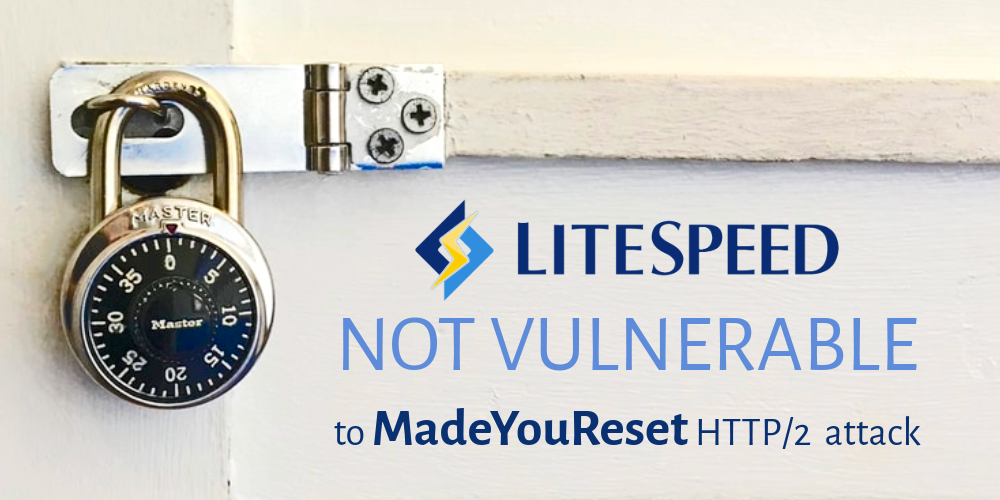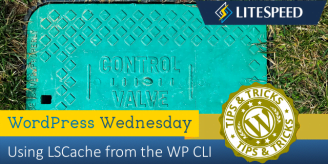Dmitri attended the IETF 101 Conference in London a couple of weeks ago. Read some of his recollections of people, talks, and events.
Dmitri attended the IETF 101 Conference in London a couple of weeks ago. Read some of his recollections of people, talks, and events.
If you are wondering if a particular plugin is compatible with LiteSpeed Cache for WordPress, this guide can help you figure it out.
Jetpack’s Image CDN and LiteSpeed Cache for WordPress are 100% compatible and may be used together right out of the box.
Last week, George, Jon, Ruikai and Dmitri headed for Europa-Park, to attend the CloudFest conference.
We have taken some of the optimization features that are not related to caching, and made them available for use by anyone. No LiteSpeed server required.
These commands are provided by LiteSpeed, so that you may manage your cache with the WordPress Command Line Interface.
Your guide to all of the LSCache add-ons currently available: there are more of them than you think!
We put our new LSCache extension for Joomla to the test, comparing OpenLiteSpeed and LSCache to Apache and Joomla System Page Cache. These are the results.











